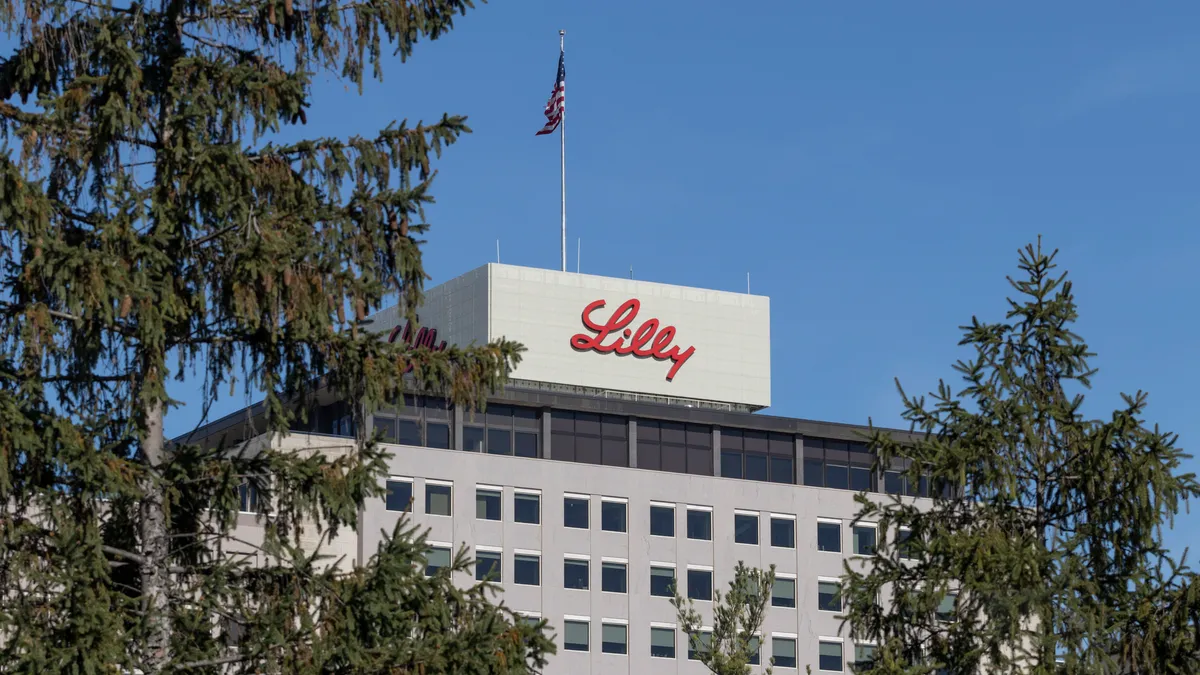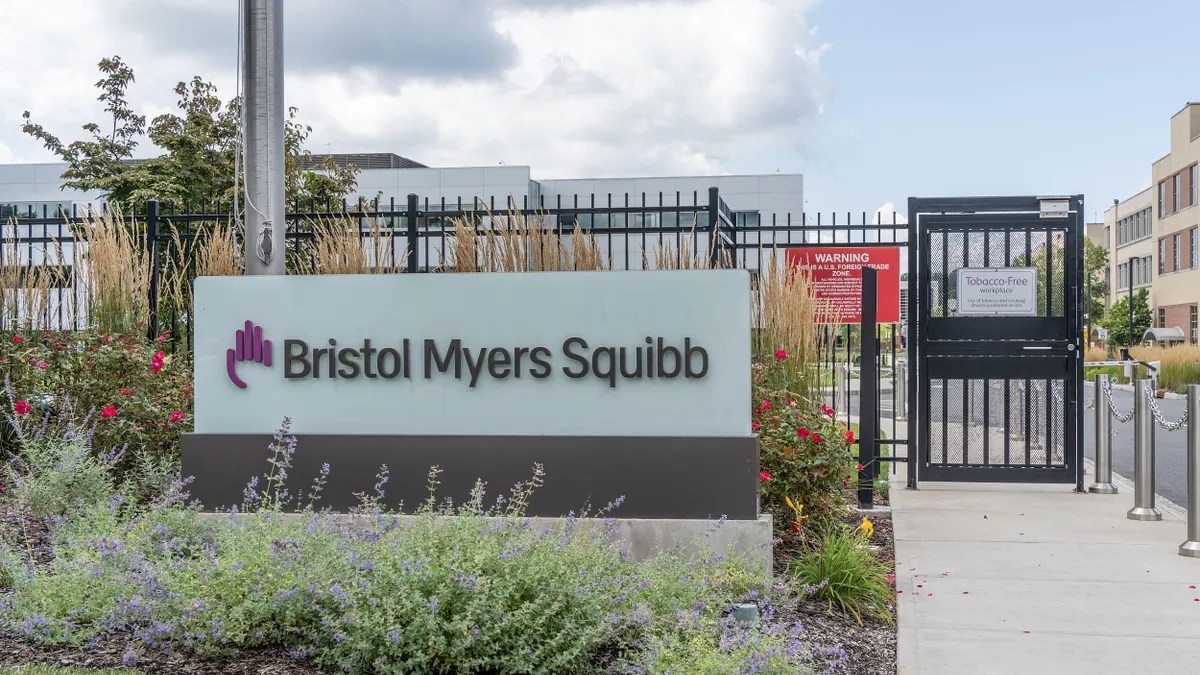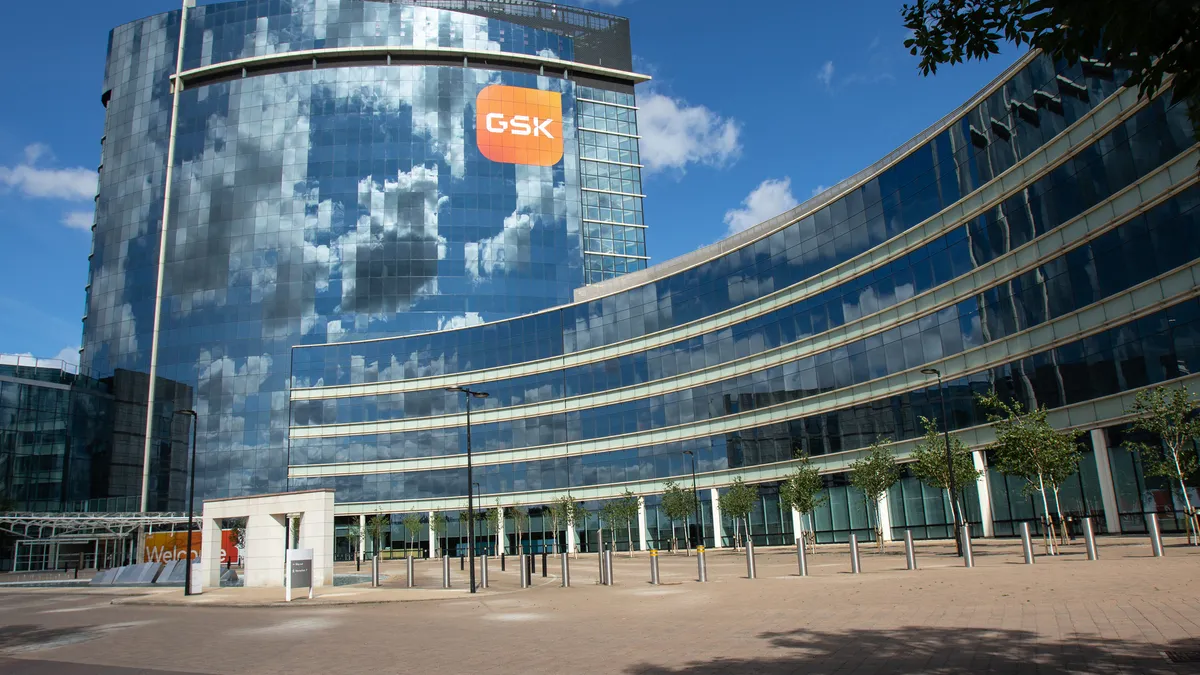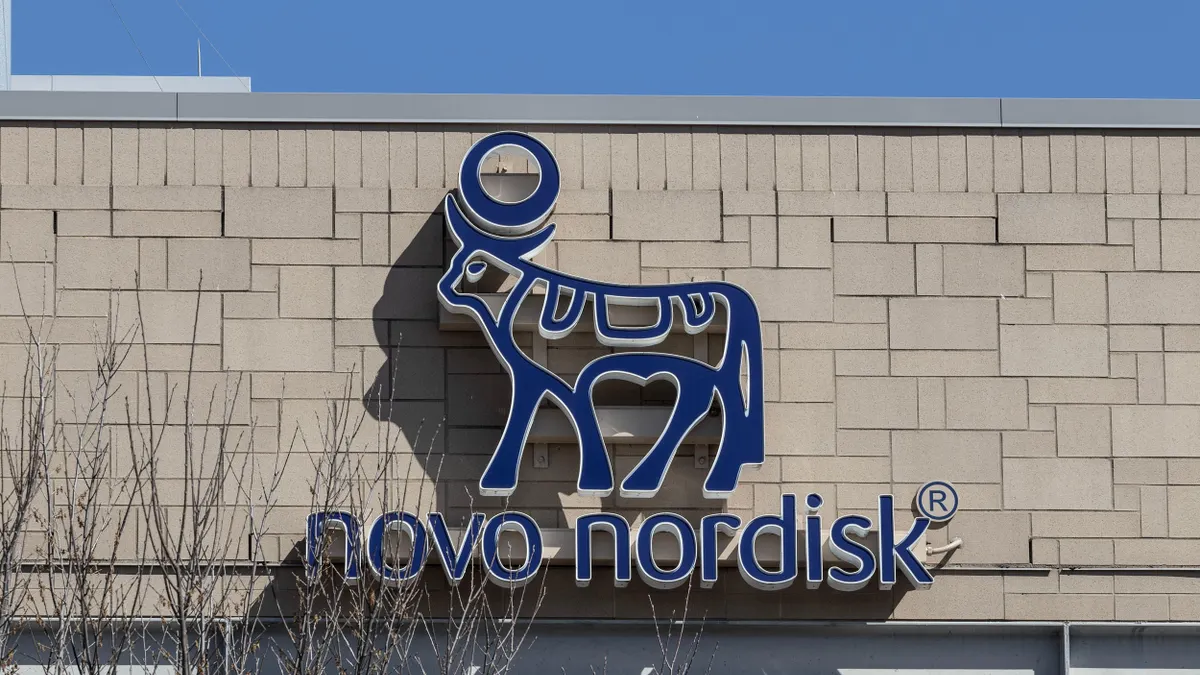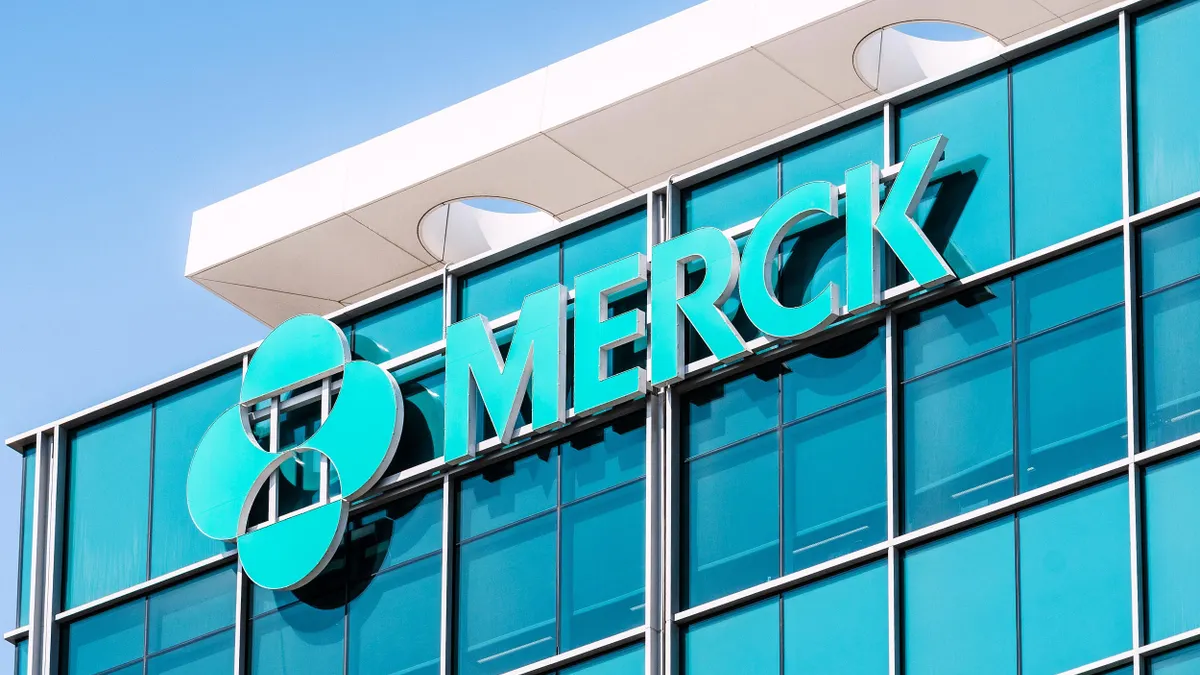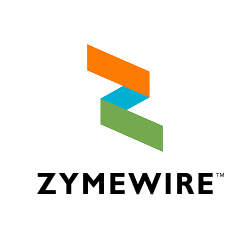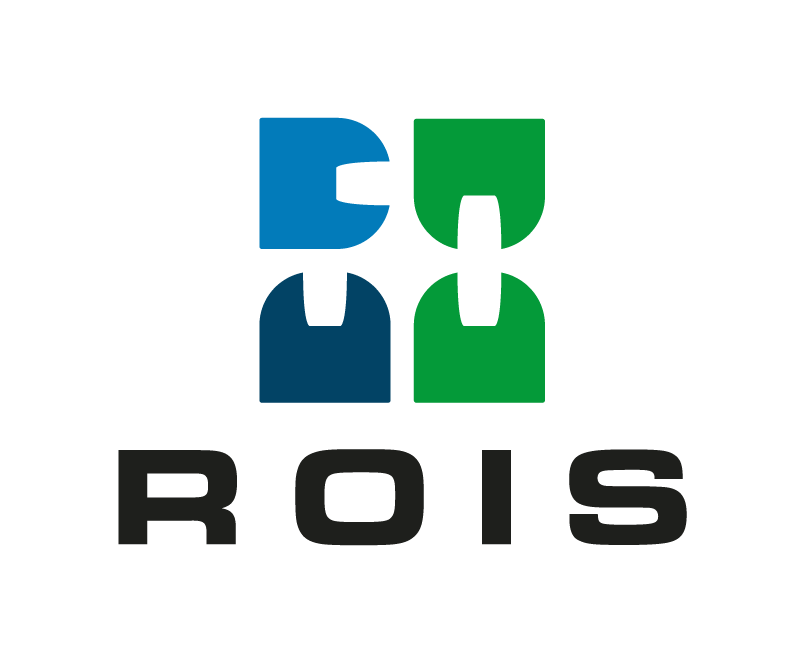Is it a coincidence the most valuable pharmaceutical company by market capitalization is also the one with the CEO rated highest by employees? Maybe not.
Eli Lilly, which just became the first trillion-dollar pharmaceutical company, also holds another distinction: CEO David Ricks is ranked No. 1 among big pharma with regard to employee approval, according to reviews on Glassdoor.
Employee approval of a CEO correlates with company performance, studies show, with top leaders boosting worker efficiency, improving recruitment and lifting customer perception.
That certainly seems to be the case for Lilly, where 89% of roughly 6,100 reviewers on Glassdoor approve of the job Ricks is doing in the captain’s chair.
Lilly’s financial performance matches that high approval rating thanks to blockbuster GLP-1 drugs Zepbound and Mounjaro, which together raked in more than $10 billion in the third quarter to top the pharma’s sales charts. Lilly also raised full-year forecasts and touts a deep pipeline of closely watched research projects.
With Ricks at the peak, how do other top pharma CEOs measure up?
PharmaVoice searched the top 20 pharma companies by 2024 revenue on Glassdoor and sorted by the percentage of employees who approved of the current CEO. U.S.-based Merck & Co. and Germany’s Merck KGaA were not included due to insufficient or unreliable Glassdoor data.
Among the bottom-ranked CEOs, just over half of employees approved of the job they were doing, including Pfizer’s Albert Bourla at 52%, CSL’s Paul McKenzie at 53% and Bayer’s Bill Anderson at 58%
Bristol Myers Squibb’s Chris Boerner and Takeda Pharmaceutical’s Christophe Weber fared a little better, with 65% and 73% approval, respectively.
The top-ranked CEOs, on the other hand, scored much higher, each with no fewer than 87% of employees approving of their performance. Here’s a look at the top CEOs by approval rating.
Eli Lilly
CEO: David Ricks
Employee approval: 89%
Recently named CEO of the year by Chief Executive magazine, David Ricks led Lilly to a string of wins this year, topped off with the tirzepatide franchise usurping Merck’s Keytruda as the world’s best-selling drug and overtaking Novo Nordisk's Ozempic in the GLP-1 revenue race.
Ricks, who also nabbed a spot on this year’s Time100 Health list, joined Novo’s CEO earlier this month to strike a deal with the White House to lower U.S. prices for GLP-1 drugs. It’s part of a larger price-cutting and access strategy, which also includes a recent deal with Walmart to expand to direct-to-consumer pricing for Zepbound through LillyDirect, offering the drug for pick-up at the retail giant’s pharmacies.
Looking to the future, Ricks says he’s all-in on artificial intelligence. “At least one or two AIs,” are running during every meeting, according to the CEO. That enthusiasm is reflected across the whole of the company, with Lilly announcing plans to work with chip-maker Nvidia to build the “most powerful supercomputer owned and operated by a pharmaceutical company” that could power an "AI factory.”
Roche Group
CEO: Thomas Schinecker
Employee approval: 87%
Thomas Schinecker started the year by taking over as president of the global pharma trade body, the International Federation of Pharmaceutical Manufacturers and Associations.
He’s also remained an impactful leader at Roche, inking bigger-ticket deals like the $3.5 billion acquisition of 89bio and subsidiary Genentech’s $2.1 billion pact with Orionis Biosciences to discover small-molecule glue medicines for cancer. Schinecker plans to keep up that business development clip, saying “we’re not done” during a third-quarter earnings call last month.
Schinecker is rolling the dice elsewhere, too. Roche is betting big on its obesity pipeline, aiming to compete with Lilly and Novo, despite scrapping one of the early-stage assets from its $2.7 billion acquisition of Carmot Therapeutics.
The company is also in talks with the U.S. government to lower drug costs, with Schinecker floating the possibility of selling prescriptions directly to consumers.
Boehringer Ingelheim
CEO: Hubertus von Baumbach
Employee approval: 87%
When Hubertus von Baumbach in 2015 took the reins of Boehringer Ingelheim, the largest private drugmaker in the world, he became the first CEO from the company’s founding family in 25 years. Von Baumbach, a great-grandson of Boehringer Ingelheim’s founder, stepped into the role after serving as finance chief.
In the decade since, von Baumbach has led the company in deals ranging from a multibillion-dollar business swap with Sanofi to an agreement with Google Quantum AI for R&D.
Boehringer also scored two FDA approvals in the second half of 2025. Its Jascayd approval marked the first new idiopathic pulmonary fibrosis treatment in more than a decade, and the company entered the oncology market with the kinase inhibitor Hernexeos.
In addition to the CEO role, von Baumbach was recently appointed as chairman of the company’s shareholders’ committee.
Novartis
CEO: Vas Narasimhan
Employee approval: 87%
Another Time100 Health honoree, Vas Narasimhan recently boasted of the company’s “firepower” to ink big deals like a $12 billion acquisition of Avidity Biosciences announced in October, thanks to Novartis’ free cash flow approaching $20 billion a year. He also said Novartis won’t step away from the M&A table in the quest for the next “great asset.”
Avidity marked Novartis’ largest deal since Narasimhan took the helm as CEO in 2018. Still, the company faced criticism for the acquisition, with investors raising questions about the effectiveness of the biotech’s antibody-oligonucleotide conjugates.
Novartis also faces pressure to strike deals with the White House to lower drug prices, similar to those brokered by Pfizer, Lilly, AstraZeneca and Novo. However, while Narasimhan acknowledged the drugmaker is engaged in ongoing talks with the Trump administration, he said such deals don’t get to the root of the problem.
“I think the pharma industry’s view is that the proposed negotiations or proposed actions are not going to address the underlying issues here,” he said during a recent earnings call.
AstraZeneca
CEO: Pascal Soriot
Employee approval: 87%
After Pascal Soriot struck a deal with the White House to lower drug prices and avoid tariffs, Reuters called the AstraZeneca CEO “something of a Trump whisperer” who went on a charm offensive to reach the agreement, including meeting at a royal banquet in the U.K., where the company is based.
Just a week after Trump won the 2024 election, AstraZeneca said it would invest $3.5 billion in R&D and manufacturing in the U.S. Then in July, the company said it would pour an additional $50 billion into the U.S. by 2030.
“Today’s announcement underpins our belief in America’s innovation in biopharmaceuticals and our commitment to the millions of patients who need our medicines in America and globally,” Soriot said in a statement.
Soriot’s dealings with the U.S. are in stark contrast to how it’s approaching affairs in its home country, saying that if the U.K.’s NHS doesn’t spend more on new drugs, and “if things continue to deteriorate the way they do,” the nation could someday only be able to afford cheap generics.








